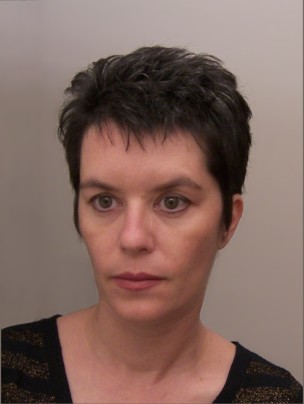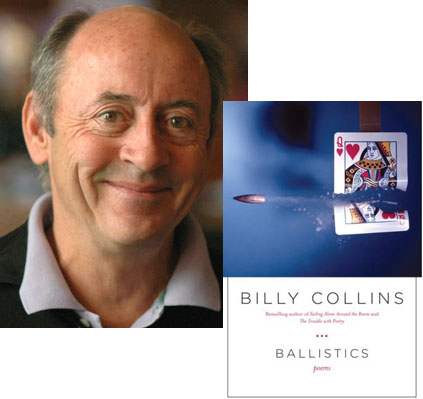
It will be hard to let go of an incredible 2008! One of the most significant aspects has been my involvement with the Public Republic Multimedia Journal. It has been published in Bulgarian for two years, becoming one of the most-read Bulgarian online magazines. Since January, it has been published in German, as well.
On September 14, we opened our virtual doors in English and added http://www.public-republic.net/ - the English language edition.
Being part of a startup international project brings a lot of work, but also a lot of excitement and personal satisfaction. The magazine is like a living being that needs care and attention, kind words, time to grow. And it has been growing constantly in terms of authors, readers and the editorial team. For just over three months, we have published close to seventy authors from nine countries. We publish work every day in the areas of literature, art, music or lifestyle, featuring well-established authors, along with previously unpublished authors. We just started a new initiative, “Artist of the Week,” in which we introduce a new visual or musical artist every Monday. Another innovative aspect of the magazine is that Public Republic allows readers to participate interactively with comments.
Being involved with an international online magazine has completely transformed my life and my schedule, having to communicate daily with our editors in the USA, Bulgaria, Sweden, Germany and Brazil. Also, experiencing everyone’s love and generosity towards the project of Public Republic has been most inspiring.
Katerina Stoykova-Klemer was born and raised in Bulgaria, but since 1995, she has lived in the USA. She writes poetry and prose in both Bulgarian and English and enjoys translating between the two languages.
